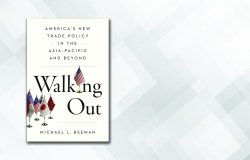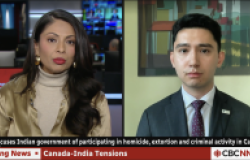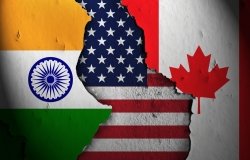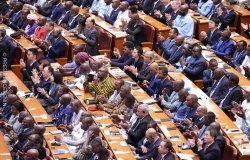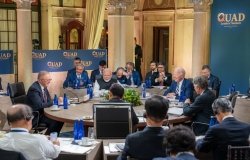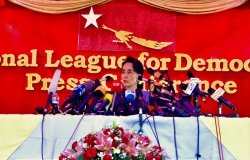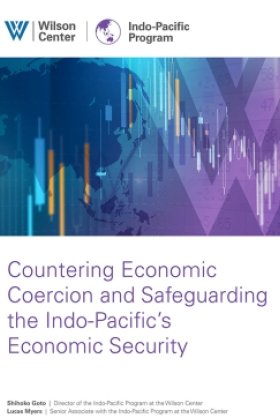Why Pakistan still needs U.S. assistance
Pakistan's location, military might, and links to Islamist terrorists ensure that it will remain central to U.S. interests even after NATO forces depart Afghanistan. Writing Pakistan out of the U.S. foreign policy script is not an option, say Jane Harman and Robert Hathaway in a co-authored piece for The Washington Post.
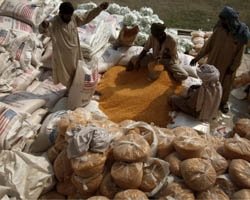
Pakistan's location, demographic heft, military might, nuclear weapons capability and links to Islamist terrorists ensure that it will remain central to U.S. interests even after NATO forces depart Afghanistan. Writing Pakistan out of the U.S. foreign policy script is not an option, say Wilson Center President Jane Harman and Asia Program Director Robert Hathaway in a co-authored piece for The Washington Post.
Reflecting the widespread concern in both countries that Kerry-Lugar-Berman (KLB) Act was in trouble, the Woodrow Wilson Center organized a 17-member working group this year to evaluate the program and determine whether circumstances since passage of the KLB bill warranted reducing U.S. assistance.
The report, released this week, concludes that a robust program of U.S. civilian assistance to Pakistan serves important U.S. interests but warns that substantial mid-course corrections are needed if KLB is to fulfill its proponents’ hopes. Congress should not confuse security aid to the Pakistani military with economic assistance designed to shore up civilian political capacity; food, health and energy shortfalls in Pakistan must be addressed; and the groundwork must be laid for a successful Pakistan and a long-term U.S.-Pakistani partnership.
Read the full piece on The Washington Post.





